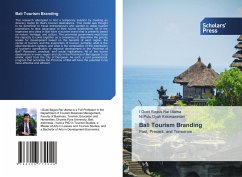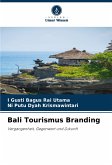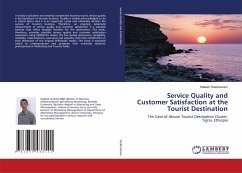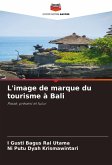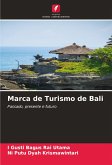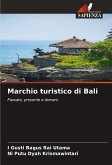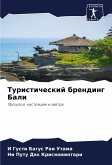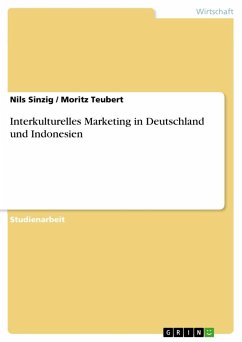This research attempted to find a temporary solution by creating an itinerary model for Bali's tourism destinations. This model was thought to be beneficial to travel entrepreneurs who wanted to utilize tourism promotions to take advantage of their tourist destinations. All of the regencies and cities in Bali have a tourism brand that is primarily based on nature, heritage, and culture. The provincial government must have the capacity to come together as a consensus to determine the priority scales for development based on the benefits of each region, the center of tourism, and the supporters of tourism. primarily, what is the ideal distribution system, and what is the composition of the distribution of tourism's contribution to regional development in the Province of Bali? Research, practical, and social implications: All of the tourist destinations in every region and city in the Province of Bali appear to be similar, apart from the City of Denpasar. As such, a joint promotional program that promotes the Province of Bali will have the potential to be more effective and efficient.
Bitte wählen Sie Ihr Anliegen aus.
Rechnungen
Retourenschein anfordern
Bestellstatus
Storno

